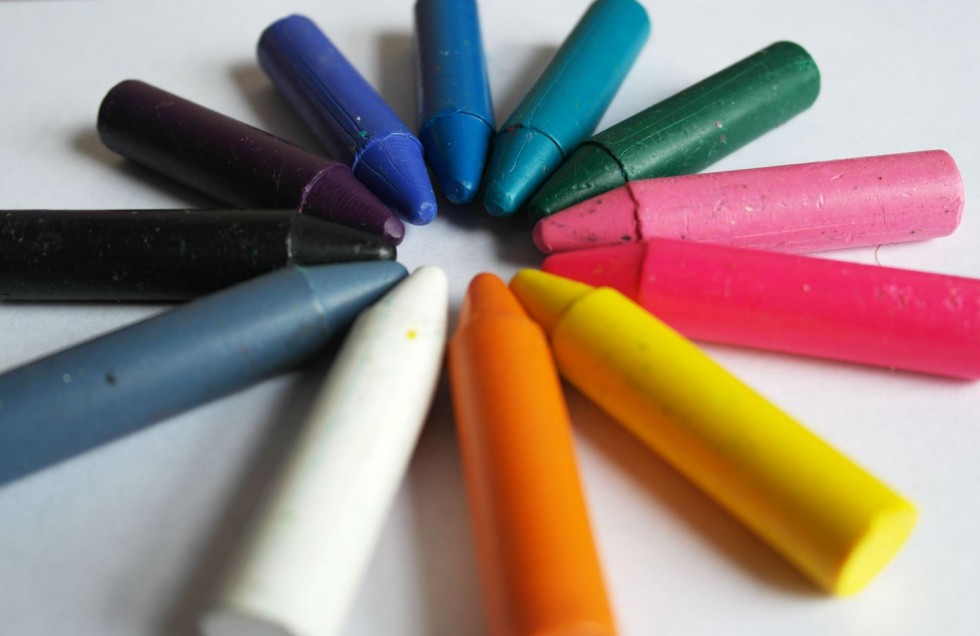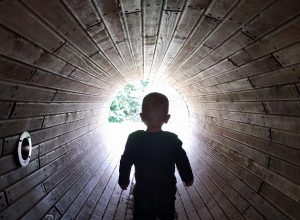
I’ve been pondering lately on what makes a happy childhood. It’s probably fair to say that this is every parent’s wish for their child, but what is it that constitutes a happy childhood, and how do we achieve it? One of the most amazing things about becoming a parent has been the joy that Max has brought into our lives. It’s something that I always heard parents say, but never quite understood – I thought they meant that their child made them happy; now I understand that that’s part of it, but it’s the crazy giggles, the innate joy that they find in little things that makes their face light up and your heart burst that is where that joy lies. And yet inevitably, somewhere along the line we seem to lose that joy – how can I make sure that we keep that for as long as possible, to ensure that my happy little boy stays as happy as I see him now?
I feel privileged to have had a very happy childhood. Looking back, the happiest memories are of family holidays, camping in France, long car journeys, playing on beaches with my sister, swimming as far out to sea as we could with my Dad. Of family Christmases, with extended family all crowded together, sat around the table on mismatched chairs and playing party games. And visits to far too many stately homes with summer picnics in the grounds and hot chocolate in the tea-room in the winter.
Clearly it’s family time together that provides us with the richest memories and the most happiness. The relationships built and connections developed between family members that give you the knowledge that this is somewhere you are always wanted and will always belong.
Like any family, we grew up with lots of traditions in our house, particularly around Christmas time. Tradition states that we must always watch A Muppets Christmas Carol on Christmas Eve, that we can open two presents from our stocking on Christmas morning but NO MORE, that every year we would visit the local garden centre where we were each allowed to pick one new Christmas tree decoration – we’d spend ages picking ours out to make sure we got just the right one. I plan on adding lots more traditions to our own family Christmas – we have already established that the Christmas tree must be decorated while Michael Buble’s Christmas album plays, and plenty of mulled wine is drunk. I’m looking forward to starting more traditions this year (probably involving less of an alcohol theme!) and years after as Max grows older. But traditions tend to revolve around special events in the calendar, which got me thinking – how does happiness establish on a more day-to-day level? I came to three things that, together, would seem to give a solid foundation for a happy child.
Unconditional love
I want Max to always know how loved he is. I try to tell him how much I love him all the time – I don’t think you can ever say ‘I love you’ too much to your child! I want him to know that our love for him is unconditional – that he might push the boundaries by doing something silly, and we might tell him off, but that we still love him. My hope is that this will give him the security to face any difficulties that life might throw at him. I want him to know that I believe he can accomplish great things and that I’m proud of him.
One thing that stuck with me was a post I read a few years ago (pre-children) by Handsfreemama that referenced a survey:
“College athletes were asked what their parents said that made them feel great, that amplified their joy during and after a ballgame. Their overwhelming response: ‘I love to watch you play.‘”
This really struck a chord me – I’m a singer, and the best praise of all is always when someone says ‘I love to hear you sing’. You feel special, you feel a connection with that person, but most importantly it instantly takes off the pressure of having to achieve, to win, to be perfect. The words are so simple, but the effect is deep and profound.
I’m not someone to whom words tend to come easily, so the simplicity of these words appeals to me.
Allow your child to be heard
In the business of daily life it’s easy to get swept up and not give your child your full attention. I try to be mindful of this and make sure that every day we have time where Max is my full focus – no playing on the phone, no trying to do the washing up, no preparing dinner. Obviously there are always going to be moments where something else takes priority, but I want Max to feel listened to, to know that I’m interested in what he has to show me or (later on, once he’s talking) to say.
Resilience
Hard as it might be, I believe it’s important to allow your child to make mistakes and to learn from them. You can’t protect your child from everything and so it’s important to allow them the space to explore and find out for themselves, to experience failures and know that they can go back and try again. As a child, I was lucky in that most things seemed to come fairly naturally to me – school, music, art – I was generally able to succeed without too much failure. In fact, I think the first real experience of failure was at 11 when I didn’t pass my cycling proficiency test. Looking back I can see how ridiculous it was to be quite so upset over this (I can’t recall anyone ever asking in later life if I hold a cycling proficiency certificate!), but at the time I was devastated. I’m particularly conscious of this as I’m already well aware that stepping back and allowing Max to explore things for himself and take that small risk is not something I’m good at and I need to watch myself to stop becoming that hovering helicopter parent that we’ve all seen.
I hope that I can keep these simple thoughts in mind as Max grows up – I realise that there will be times when I don’t live up to my parenting ideal, and I’m largely ok with that, but if I can be mindful of these then I hope that he will have the best chance at a happy childhood.









